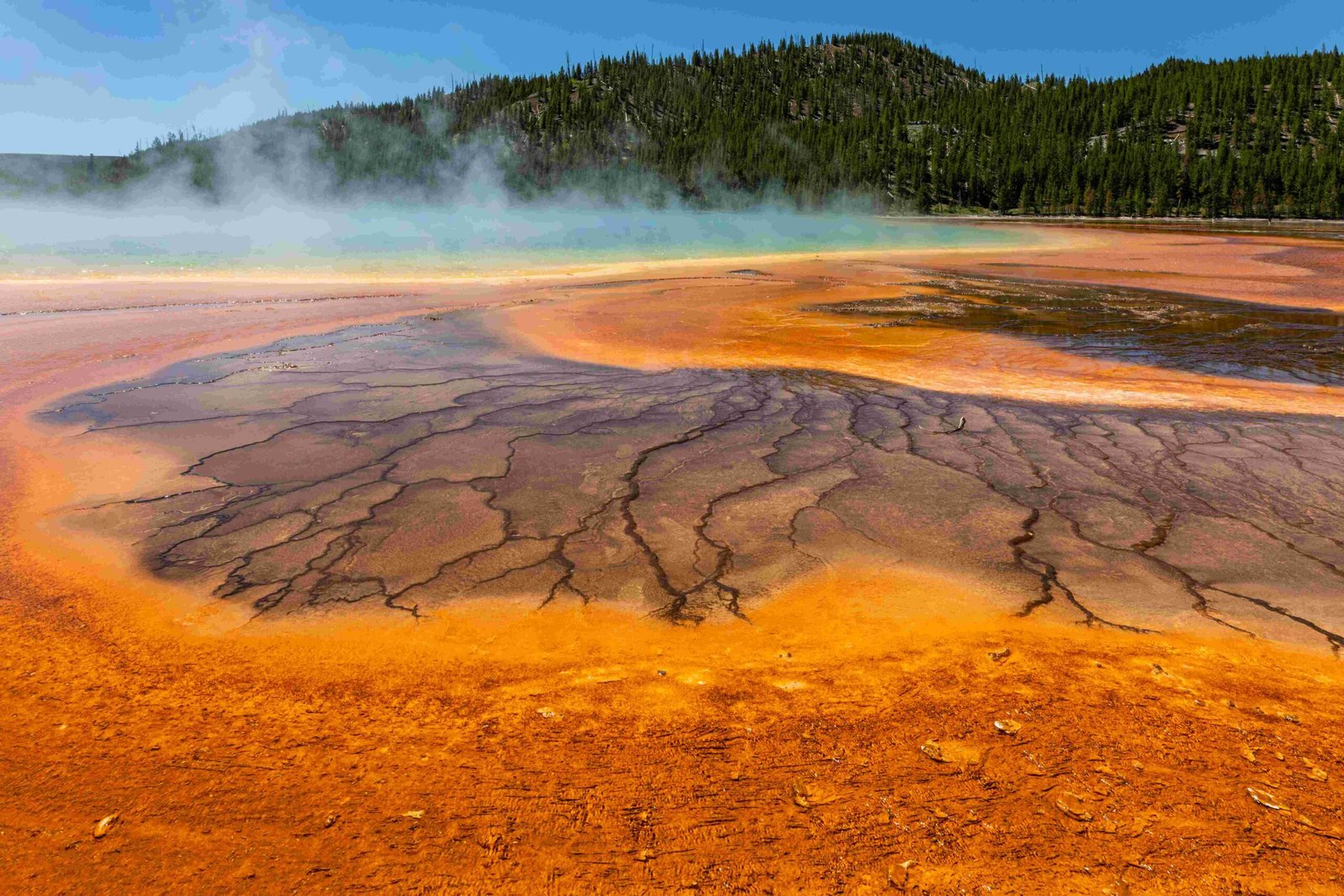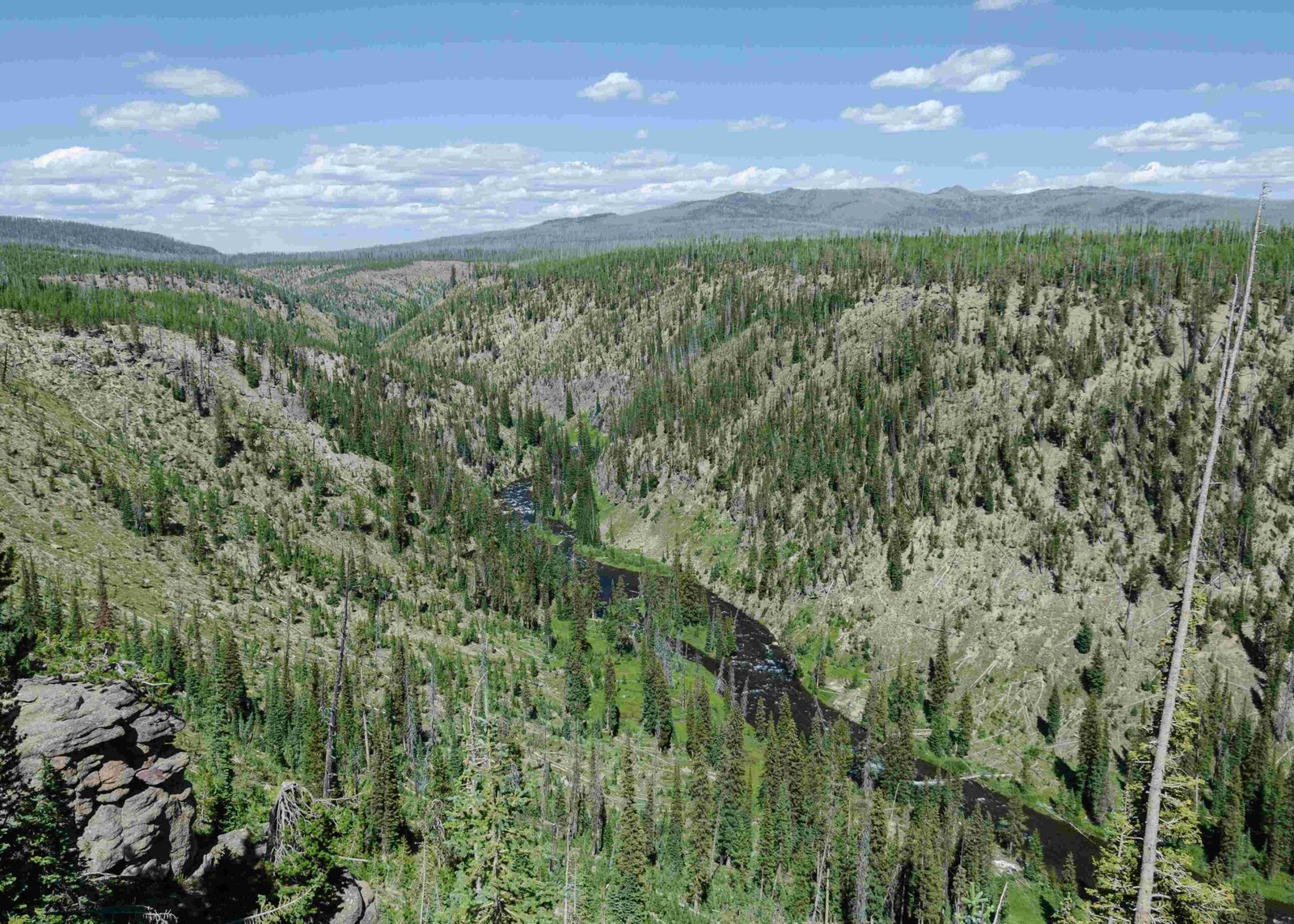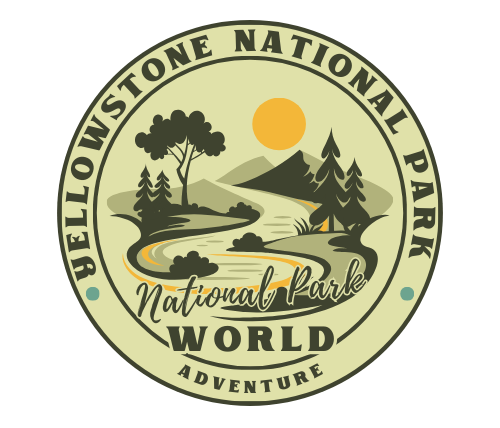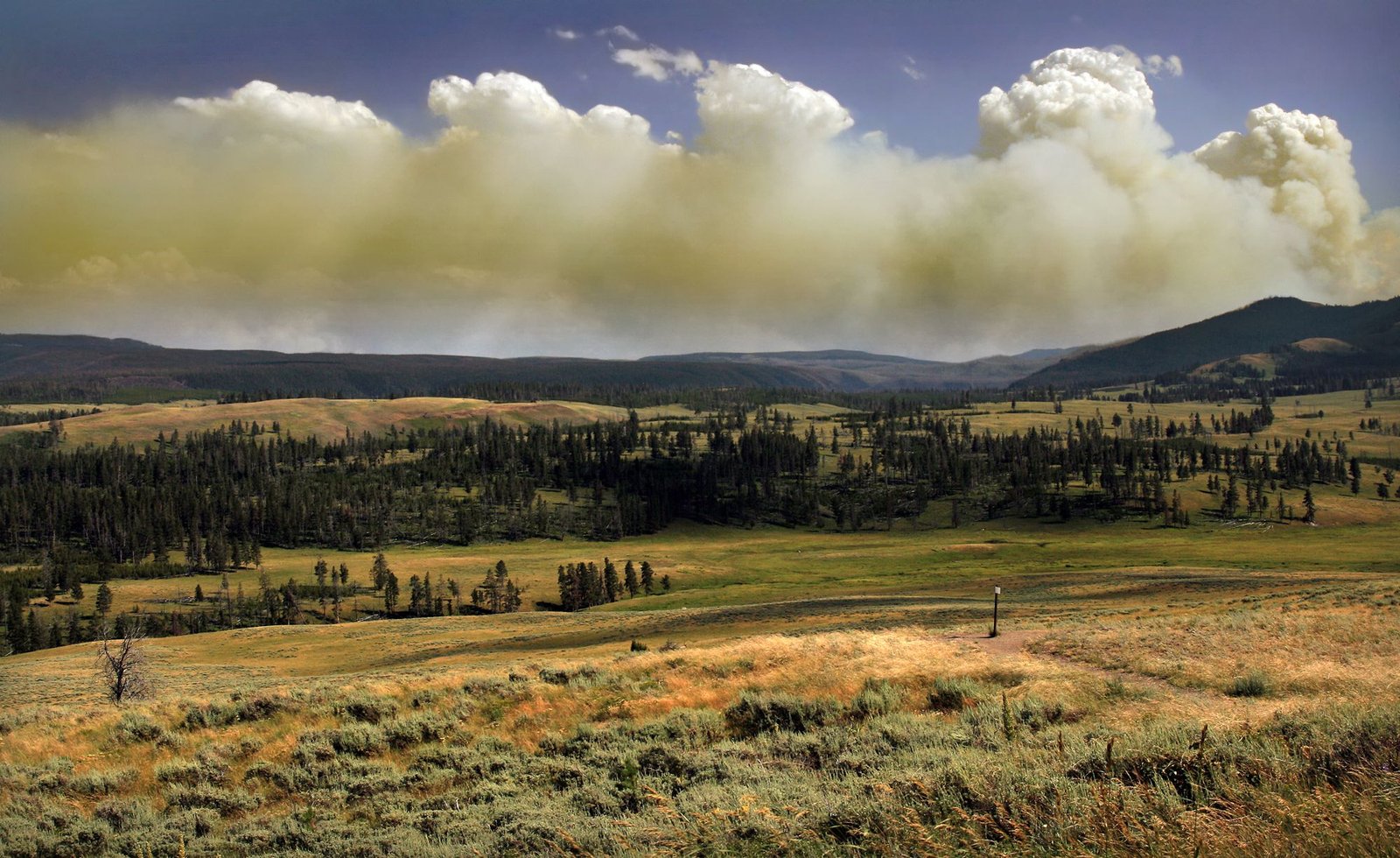Yellowstone National Park offers a unique experience for motorcycle enthusiasts, combining scenic rides with diverse camping options. The park’s 2.2 million acres feature stunning landscapes, from geothermal wonders to vast wilderness. Riders can explore the 142-mile Grand Loop Road, while campers have access to 12 campgrounds with over 2,000 sites. This adventure combines the thrill of motorcycle touring with the serenity of camping in one of America’s most iconic national parks.
What Are the Best Motorcycle Routes in Yellowstone?

Grand Loop Road
The Grand Loop Road is the heart of Yellowstone’s motorcycle experience:
- Length: 142 miles
- Shape: Figure-eight configuration
- Speed Limit: Strictly 45 mph
- Road Conditions: Well-maintained, but can be slippery with natural debris
Upper Loop Highlights:
- Mammoth Hot Springs
- Tower Falls
- Grand Canyon of the Yellowstone
- Norris Geyser Basin
Lower Loop Highlights:
- Old Faithful
- Yellowstone Lake
Beartooth Highway
For those seeking an additional challenge:
- Starting Point: East of Cooke City, near Yellowstone’s northeast entrance
- Route: Includes Beartooth Pass, Red Lodge, Cody, and Chief Joseph Scenic Byway
- Caution: High altitudes and potential ice on roads
Where Can Motorcyclists Camp in Yellowstone?

Mammoth Campground
- Location: Near the North Entrance
- Amenities:
- Flush toilets
- Potable water spigots
- Trash/recycling collection
- Seasonal amphitheater
- Reservations:
- October 15 to April 1: First-come, first-served (front loop)
- Other times: Reservations through Recreation.gov
Other Campgrounds
Yellowstone offers 11 additional campgrounds:
- Fishing Bridge RV Park
- Bridge Bay
- Canyon
- Madison
- Grant Village
- Norris
- Indian Creek
- Lewis Lake
- Pebble Creek
- Slough Creek
- Tower Fall
Most require advance reservations through Yellowstone National Park Lodges or Recreation.gov.
What Are the Camping Regulations for Motorcyclists?
Parking Rules
- All motorcycles must park on designated pads or established roadways
- Avoid blocking or restricting traffic in campgrounds
Fire Regulations
- Campfires permitted only in established fire grates
- Fires must be attended at all times
- Use only dead, down, and detached wood
- Wood should not extend outside the fire grate perimeter
Occupancy Limits
- Maximum of 6 people per campsite
How Can Motorcyclists Prepare for Yellowstone Weather?
Yellowstone’s weather can be unpredictable:
| Season | Average High | Average Low | Precipitation |
|---|---|---|---|
| Summer | 70-80°F | 30-40°F | Thunderstorms |
| Fall | 30-60°F | 0-30°F | Snow possible |
| Winter | 0-20°F | -20 to 0°F | Heavy snow |
| Spring | 30-60°F | 0-30°F | Rain and snow |
Packing Essentials:
- Layered clothing
- Rain gear
- Warm sleeping bag
- Waterproof tent
- First aid kit
- Bear spray
What Wildlife Precautions Should Motorcyclists Take?
Yellowstone is home to diverse wildlife, including bears, wolves, and bison:
- Maintain safe distances:
- 100 yards from bears and wolves
- 25 yards from all other animals
- Store food in bear-proof containers
- Make noise while hiking to avoid surprising animals
- Carry bear spray and know how to use it
- Never feed wildlife
How Can Motorcyclists Minimize Their Environmental Impact?
- Stay on designated roads and trails
- Practice Leave No Trace principles
- Use established campsites
- Properly dispose of waste
- Respect wildlife and plant life
- Minimize campfire impacts
By following these guidelines, motorcyclists can enjoy a safe and responsible adventure in Yellowstone National Park, combining the thrill of riding with the beauty of nature and the comfort of camping.
References:
1. https://www.yellowstoneparknet.com/summer_recreation/motorcycle.php
2. https://www.nps.gov/yell/planyourvisit/campgrounds.htm
3. https://www.recreation.gov/camping/campgrounds/247571

